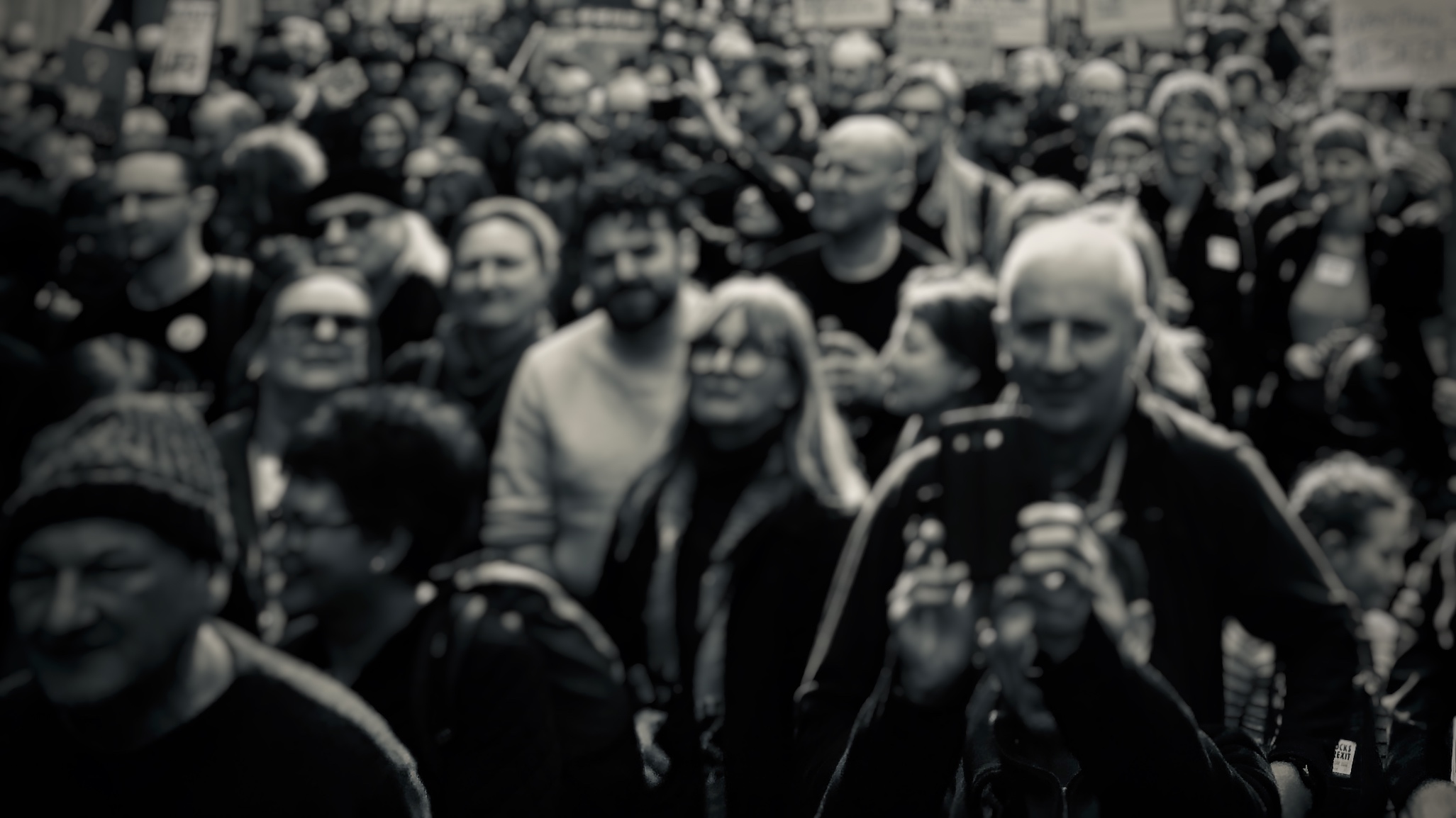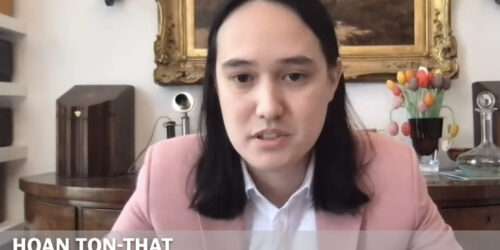Format Rights and Social Media

Formats are an important part of the media economy and one of the key tools used in the development and production of original programming around the world. Formats are the sum total of all of the distinct stylistic elements of a program – such as the title, characters, themes, style, scripts, staging elements and/or narrative structure.
Successful formats are adapted and remade in countries and languages throughout the world, generating royalties for their owners. Reality shows such as Big Brother, Pop Idol, X Factor and Strictly Dancing or fiction programs like The Office, The Bridge or Homeland all rely on format rights.
Format rights are not often discussed in the context of social media because of the user-centric nature and short form of content production on platforms such as Facebook, YouTube and TikTok. However for independent producers, influencers and creatives format rights are important to consider in the context of the development of their programming.
Format rights have long posed a challenge for media and intellectual property lawyers – there is no codified intellectual property right in formats – rather the formats are protected through combining legal traditions such a copyright, trade marks and contract law. For this reason format ‘rights’ are precarious in nature and challenging to manage.
FRAPA, the Format Registration and Protection Association was established to advocate for the legal protection of formats and operates a voluntary register for format owners. While the registration of a format with FRAPA does not convey any additional distinct legal rights, it can useful in documenting rights in a project.
Yet the formal nature of format rights as they are traditionally exploited in the media industry is at odds with the freewheeling fast paced evolution of content on social media platforms popular for short form content like YouTube and TikTok.
Memes
Memes could be regarded as the one of the key defining formats of social media, particularly of TikTok, yet memes, despite their immense popularity as a form of media are potentially impossible to exploit in a manner similar to a traditional audiovisual format. Often based on choreographed movement or dance; witty sayings or individual songs memes are frequently created by individual users, are short and lack a complex narrative. It is likely that any kind of legal restriction on the propagation and evolution of memes would almost neuter them and prevent further production and distribution of the meme.
Qubi
The first premium platform based on short form content, Quibi is trying to monetize a programming model that synthesises viral social media style content with high budget, narrative or lifestyle programming. Quibi reflects the traditional approach to programming development with programming that lends itself to format protection, yet it remains to be seen if there is really a market for premium short form content. Early signs have not been good.
A Fine Format Dispute
The Fine Brothers are YouTube producers who were one of the first influencers to pioneer the ‘reaction’ video, where humorous, scary or just downright gross videos are shown to an audience and their reaction is filmed.
In 2016 the Fine Brothers had 16 million followers on YouTube and over 5.7 billion views, primarily of reaction style clips. The brothers decided to capitalise on that success by asserting ownership of format rights over the reaction genre and launching a licensing program.
Perhaps it was predictable that in a free flowing environment of content creation where the innovation and evolution of memes occurred daily that asserting formal intellectual property rights over a fairly generic style of programming would prompt a backlash – and it did.
The reaction was swift, loud and aggressive as prominent members of the YouTube creator community pushed back against the assertion of intellectual property rights in basic formats. The end result was that the Fine Brothers abandoned the program shortly after launch, setting an ominous precedent for those that might seek to follow.
Social Media Program Development
While issues such as the Fine Brothers dispute shows some of the limitations of trying to assert ownership over generic formats, for producers using social media platforms to develop and launch new projects format protection is absolutely crucial. YouTube and Facebook are crucial channels for the distribution for independent producers.
Comedy cooking program the Katering Show is a good example of a lifestyle / comedy format that started as a YouTube independent and was later picked up by Aussie state broadcaster, the ABC and Lily Singh’s network late show debut was based on a substantial amount of prior work on YouTube.
Up and coming fiction producers using YouTube, Vimeo or Facebook as a distribution platform are advised to review the format tips below in order to protect their work and maximise potential opportunities for their creative output.
Format Tips
Understanding the potential value of format rights and factoring in the documentation and creation of a format bible during the development phase can provide long term value for producers and a framework for basic intellectual property protection for their production.
From a legal and business perspective there are significant challenges to the protection of format rights on social media and it’s important for producers to understand the limitations of format rights.
In order to justify protection as a format, shows should have a sufficiently complex premise and structure that can be documented in a format bible / manual (which also provides the manual with copyright protection).
- Formats should have a distinctive title that is protected with by a valid trade mark registration in relevant classes.
- A well written format bible that sets out the style, scripts and key elements of your show is useful if you you are developing a program and seeking further investment or distribution (FRAPA has some good resources and precedent bibles available for members).
- Once you have completed your format bible, voluntary registration with FRAPA, copyright registration with your national copyright office (where applicable) or even just emailing a PDF version to a trusted friend can help to provide evidence for the creation of your format.
- The best means of extracting value from a format is by selling it to a willing buyer who can use the value of the trade mark and stylistic elements to make a new version of the show.
- That enforcing format rights against similar programming should be weighed up very carefully and used only as a last resort where there are very clear grounds to believe that there has been a breach of trade marks, copyrights or other relevant intellectual property rights.
- Format rights owners should keep in mind that the basic idea or concept of a format cannot be protected – ideas such as ‘singing contest’, ‘talk show’ or ‘dancing competition’ aren’t eligible for protection.






